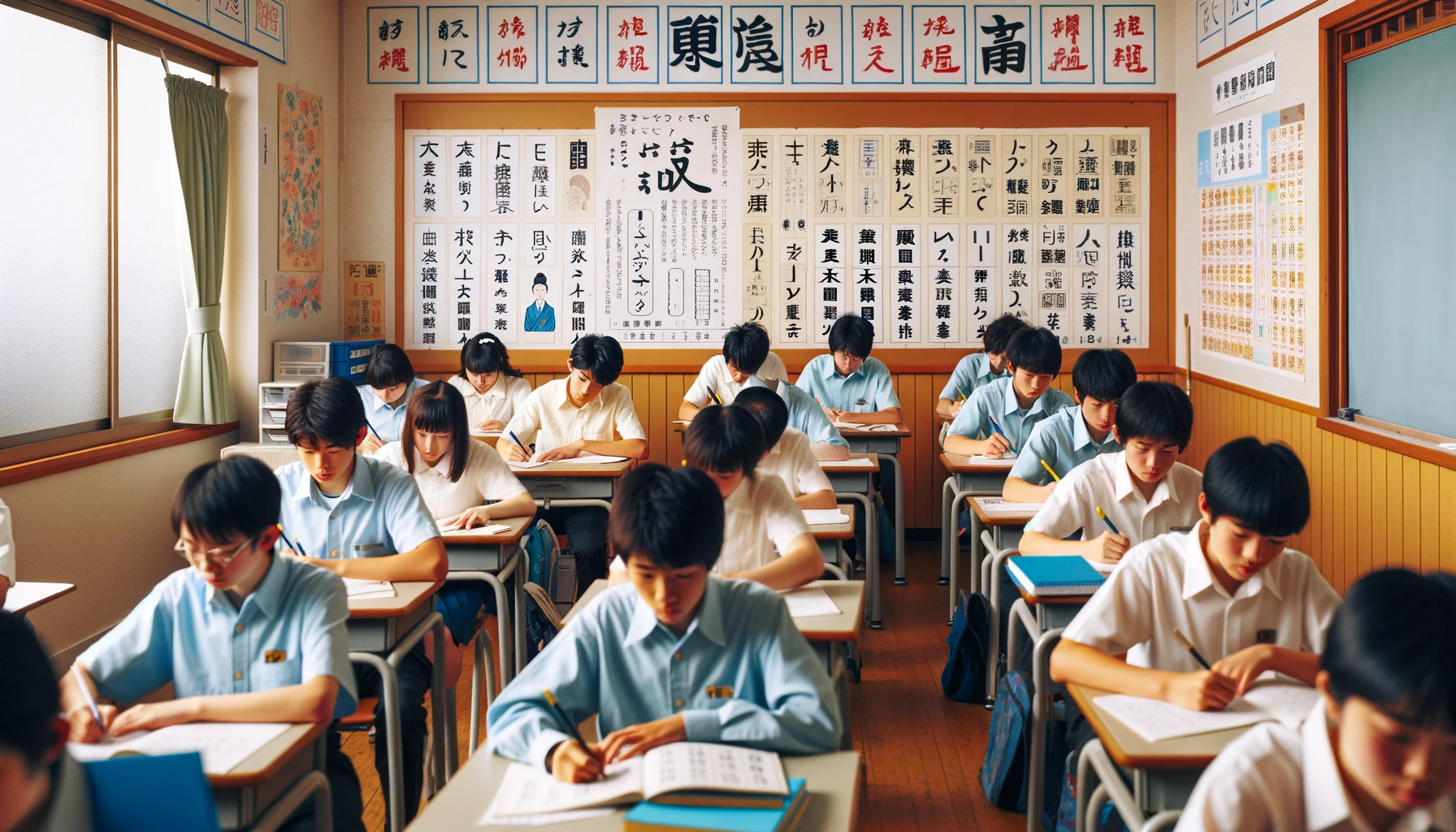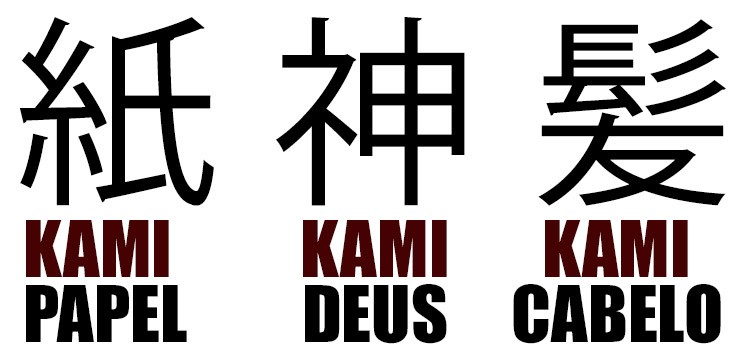Japanese is a fascinating language, full of nuances that may seem complex at first glance, but bring a unique simplicity throughout the learning process. For Portuguese speakers, one of the most curious characteristics of the Japanese language is the large number of words that share the same pronunciation but have completely different meanings, depending on the kanji used.
It's as if the confusion between manga (the fruit) and manga (the clothing item) is multiplied many times over. This phenomenon is one of the reasons why the Japanese writing system includes kanji, which help differentiate these words in the written context.
In this article, we will explore some of these words that, despite having the same pronunciation, vary in meaning thanks to the presence of kanji. We will address lesser-known terms with at least three distinct meanings to demonstrate the richness and challenges of this language.
Table of Content
The Importance of Kanji in Japanese
Before we dive into the examples, it's important to understand the role of kanji in Japanese writing. They are essential for differentiating words that sound the same (known as homonyms) and that would otherwise be difficult to distinguish by pronunciation alone.
Even though Japanese may seem chaotic in this respect, writing and context often provide enough clues to disambiguate these words. Let's explore some pronunciations with more than three distinct meanings.

Examples of homonyms in Japanese
Ame (あめ)
The pronunciation "Ame" can refer to three completely different things:
- 雨 - Ame - Rain
- 飴 - Ame - Candy
- 編め - Ame - Knit, braid
Depending on the kanji used, "Ame" can change from something related to weather to a sweet, or even to the action of weaving.
Jinshin (じんしん)
This word can have meanings that vary from human concepts to physical issues:
- 人心 - Jinshin - Heart or feelings of people
- 人身 - Jinshin - Human body
- 仁心 - Jinshin - Benevolence
Here, context is essential to understand whether we are talking about feelings, the physical body, or a concept of compassion.
Dictionary (じしょ)
Jisho is another example of how the Japanese language can confuse or enrich, depending on the point of view:
- 地所 - Jisho - Land, ground, soil
- 辞書 - Jisho - Dictionary
- 自署 - Jisho - Signature
Imagine the difference in confusing a property of land with a dictionary, which reinforces the importance of using the correct kanji.
Other Interesting Examples
Kika (きか)
- 帰化 - Kika - Naturalization
- 気化 - Kika - Vaporization
- 奇禍 - Kika - Accident, disaster
Muchi (むち)
- 無知 - Muchi - Ignorance, stupidity
- 鞭 - Muchi - Whip, rod
- 無恥 - Muchi - Descaramento
Oku (おく)
- 億 - Oku - One hundred million, an astronomical number
- 奥 - Oku - Interior, background; also wife of nobility
- 屋 - Oku - Roof, house covering
Kami (かみ)
- 髪 - Kami - Hair
- 神 - Kami - God
- 紙 - Kami - Paper
These examples demonstrate how the Japanese language can be challenging, but also how kanji are essential to avoid misunderstandings.

A Pronúncia Seika: A Wealth of Meanings
Seika (せいか) is one of the pronunciations that perfectly exemplifies the diversity of the language:
- 正価 - Seika - Fixed Price
- 成果 - Seika - Result, fruit of the work
- 製菓 - Seika - Pastry shop, candy making
- 青果 - Seika - Fruits and vegetables
- 生家 - Seika - Birthplace
- 聖歌 - Seika - Liturgical chant, hymn
- 盛夏 - Seika - Mid-summer, summer solstice
- 声価 - Seika - Reputation
It is evident how a single pronunciation can encompass a vast range of meanings, making the reading and use of kanji a true art.
The Importance of Context and Kanji
The learning of the Japanese language may seem complicated due to these similar pronunciations. However, thanks to the use of kanji and the context of the sentences, it is possible to communicate clearly. Daily interaction with the language, whether through reading or conversation, helps to internalize these differences naturally.
It is also interesting to note how this is reflected in Japanese names, which can have multiple meanings depending on the characters used. That's why learning kanji is essential: it not only enriches communication but also prevents many misunderstandings.
And you? Which Japanese words with the same pronunciation do you find most difficult or confusing?
